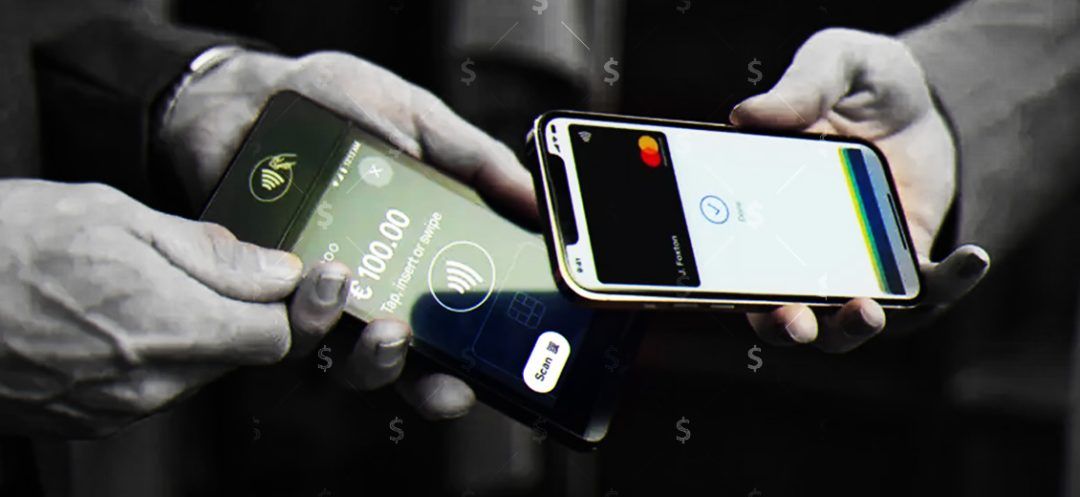
Card payments are no longer the only and main consumers’ option. Bank cards are steadily giving way to alternative payment methods. This is a global trend, and Lebanon is no exception; for instance, electronic wallets are gaining significant popularity. The range of options keeps growing.
In the coming years, there will be less cash and fewer ATMs globally, as well as fewer physical payment cards. Alternative payments are gaining momentum.
Amid the ongoing growth of e-commerce, consumers are moving away from traditional card networks (and cash on delivery in emerging economies) in favor of local alternative payment methods, such as digital wallets, account-to-account (A2A) payments (instant payments and bank transfers) like PIX in Brazil, UPI in India, or iDEAL in the Netherlands, carrier billing, and Buy Now, Pay Later (BNPL) options.
Boku 2024 Report
According to a report published by Boku, the global network of localized payment solutions, titled “2024 Global Ecommerce: The Changing World of Payments,” card payments will account for only 19% of the value of e-commerce transactions by 2028 (down from 31% in 2023) and 30% in terms of volume (down from 41% in 2023).
Furthermore, by 2028, local alternative payment methods will represent 58% of the value of e-commerce transactions (up from 47% in 2023), for the first time, constituting the majority of online transaction value.
Boku's report highlights that by 2028, account-to-account (A2A) instant payments and non-card digital wallets will account for more than 50% of the value of global e-commerce transactions.
Europe, in particular, will experience a dramatic decline in card transactions, with the proportion of e-commerce transactions made with cards dropping from 53% in 2023 to only 30% in 2028. Account-to-account (A2A) payments will see significant growth, rising from 16% of transaction volume in 2023 to 25% in 2028.
In its study on global payment preferences and consumer behaviors, Boku relied on responses from a sample of 10,500 consumers across thirty-seven major markets worldwide.
Payments via Mobile Phone
Today's tech-savvy generations, quick to adopt new communication technologies, favor convenient, seamless and transparent payment methods. They show little preference for card networks, particularly in an era of embedded finance, where everything is managed through connected devices around the clock. According to Boku's report, by 2028, nearly $10 trillion in payments will be made via mobile phones.
Interchange Rates
However, the four-party model, the basis of the credit card industry, raises concerns about interchange fees deemed excessive. These fees encompass the charges and costs imposed by each participant in these pillars, including the payment card network provider, the bank (issuer) and the merchant. This issue has spurred debate in both the United States and Europe for the past decade, with the ultimate aim of imposing limits and caps on interchange fees.
Lebanon and e-Wallets
As for Lebanon, the Lebanese Central Bank (BDL) is promoting the development of electronic wallets to somewhat curb cash transactions. It has already issued operating licenses to eighteen electronic wallet providers, including two one month ago, while other applications are currently under review.
According to Intermediate Circular 588, BDL allows all Lebanese citizens to access an electronic wallet, irrespective of whether they have a bank account or not. These wallets can be denominated in Lebanese pounds or foreign currencies.
In the future, cards and cash may become scarce, but there will always be card issuers and acquirers supporting finance integrated into the Internet of Things (IoT). This emerging trend in finance involves integrating financial services directly into applications and platforms. While physical bank cards may disappear, they will remain functional. Retailers are recognizing that the key to their future growth and global success lies in offering consumers a broader range of payment options. Alternative payments are definitely on the rise.
Read more




Comments